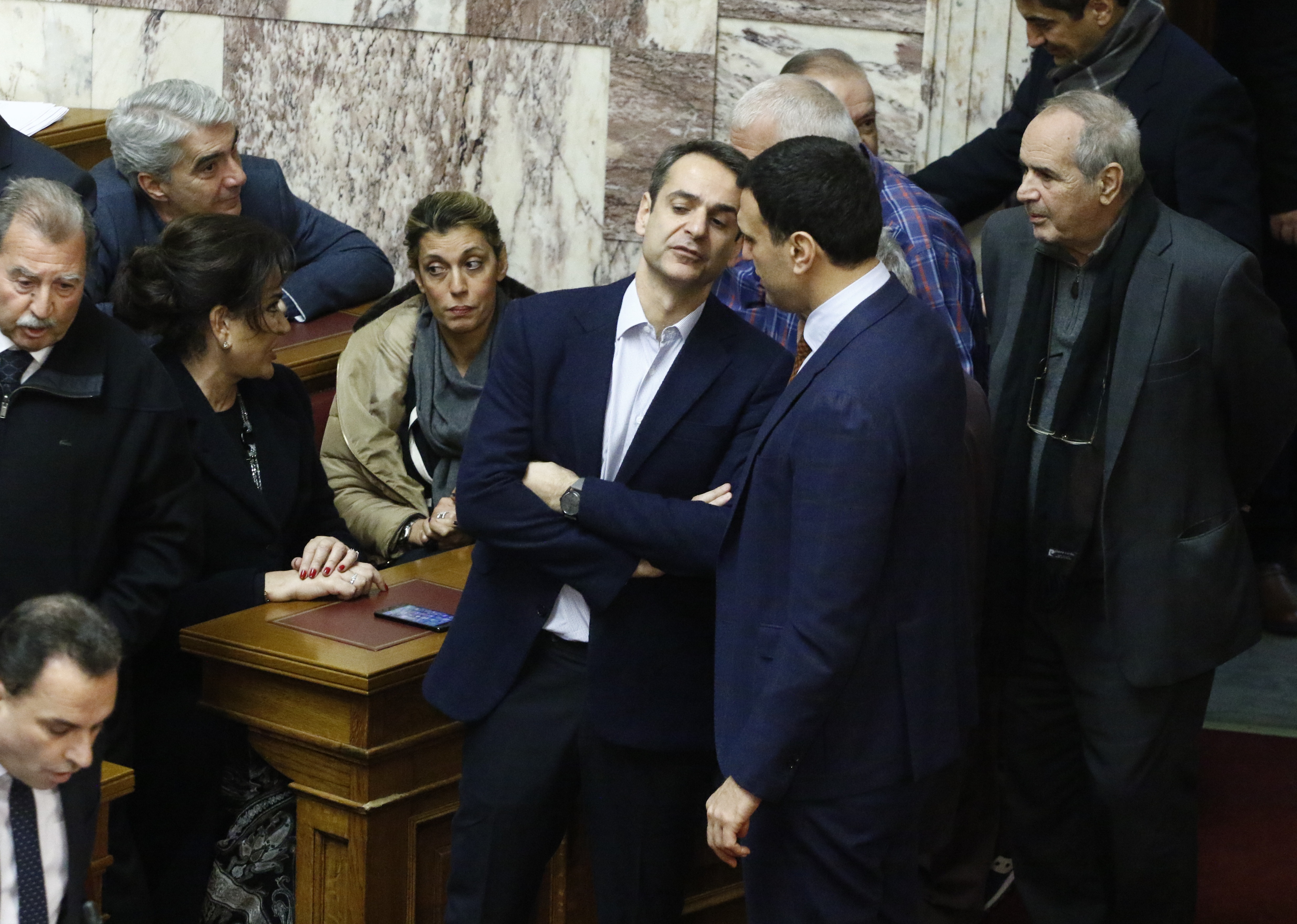The government, barring unexpected developments, considers the completion of the current bailout programme a given, and it believes that the more the stabilisation of finances becomes entrenched, economic, social and political conditions will be more positive.
According to Alternate Finance Minister Yorgos Houliarakis, the current period of completion of the bailout evaluation and of preparation for a return to the markets will proceed smoothly, unless unforeseeable consequences arise.
At the end of the memorandum, in August, 2018, there will be a 16-17 billion euro cash reserve.
It is on this basis that the government speaks of a reserve adequate to bolster the Greek economy in the face of international economic challenges.
On the basis of this large security cash reserve, the government is declaring a clean exit from bailout memorandums, without a safety credit line, but with a continuing regime of fiscal supervision.
After two or three exits to the markets, it is expected that Greece can secure a 3.5 percent interest rate or less, which would be better than Portugal’s at the end of its programme.
So the Portuguese example can ensure a smooth exit, especially if Greece’s credit rating moves up one or two notches as expected.
Athens already has a 1.4bn euro security cushion, to which will be added nine billion euros from the ESM at the end of the programme in August, and an additional 5.5 to six billion euros from exits to the markets. That makes a total of about 16-17 billion euros, which is the basis of the clean bailout exit theory, without a security credit line.
Central Bank Governor Yannis Stournaras, expressing the concerns of the domestic banking system, called for a precautionary credit line, which would come with stricter supervision, and which the government rejected, along with insults such as the assessment that Stournaras was a ‘’failed finance minister’’.
Still, Houliarakis and Finance Minister Tsakalotos appear well aware of the post-bailout exit dangers.
Antonis Karakousis



